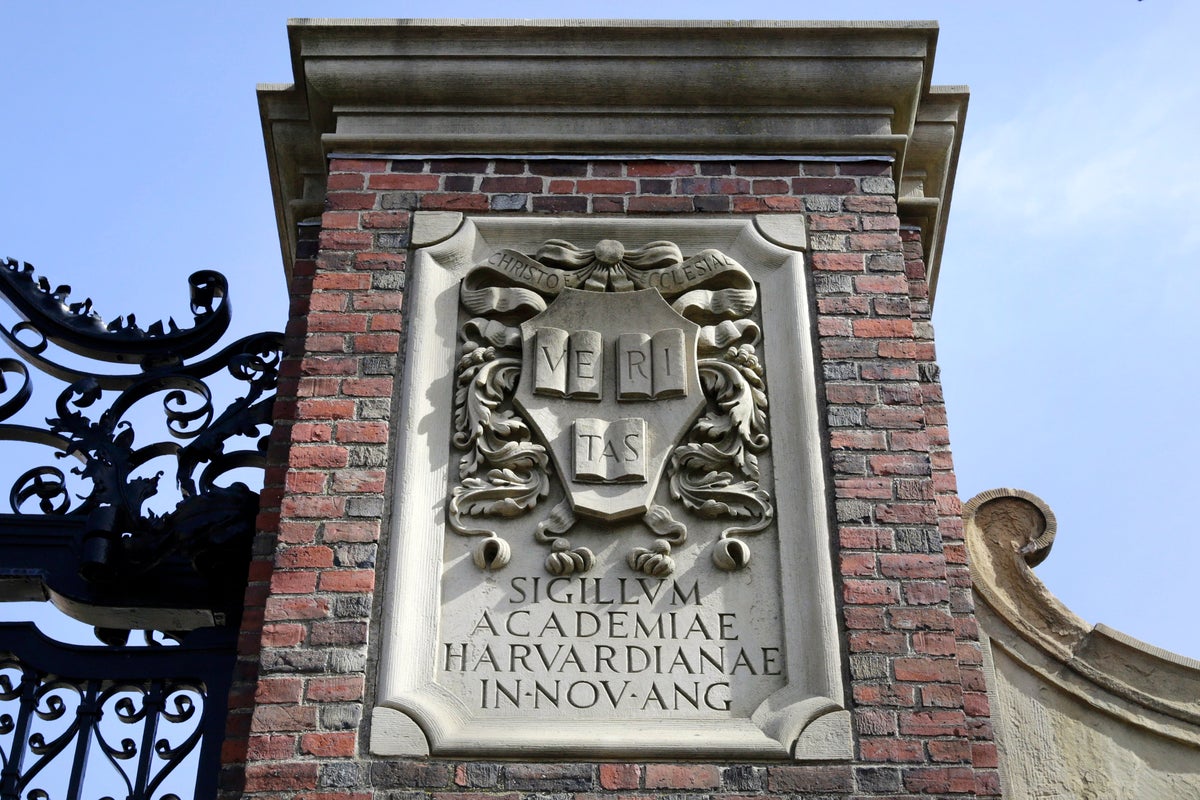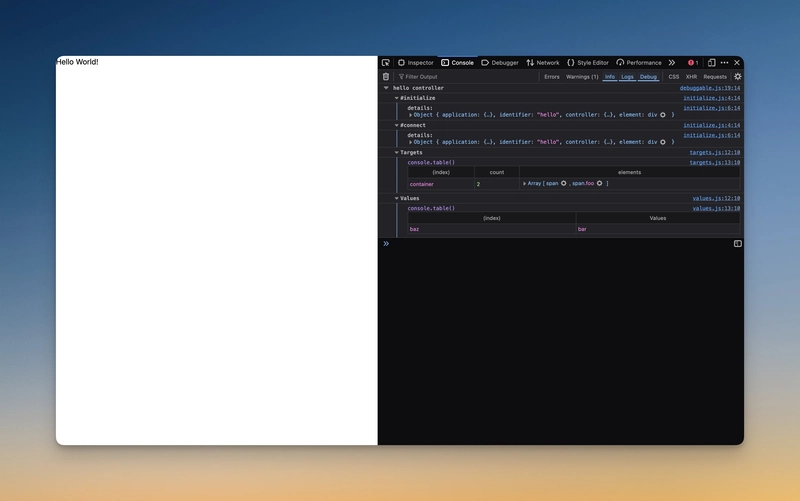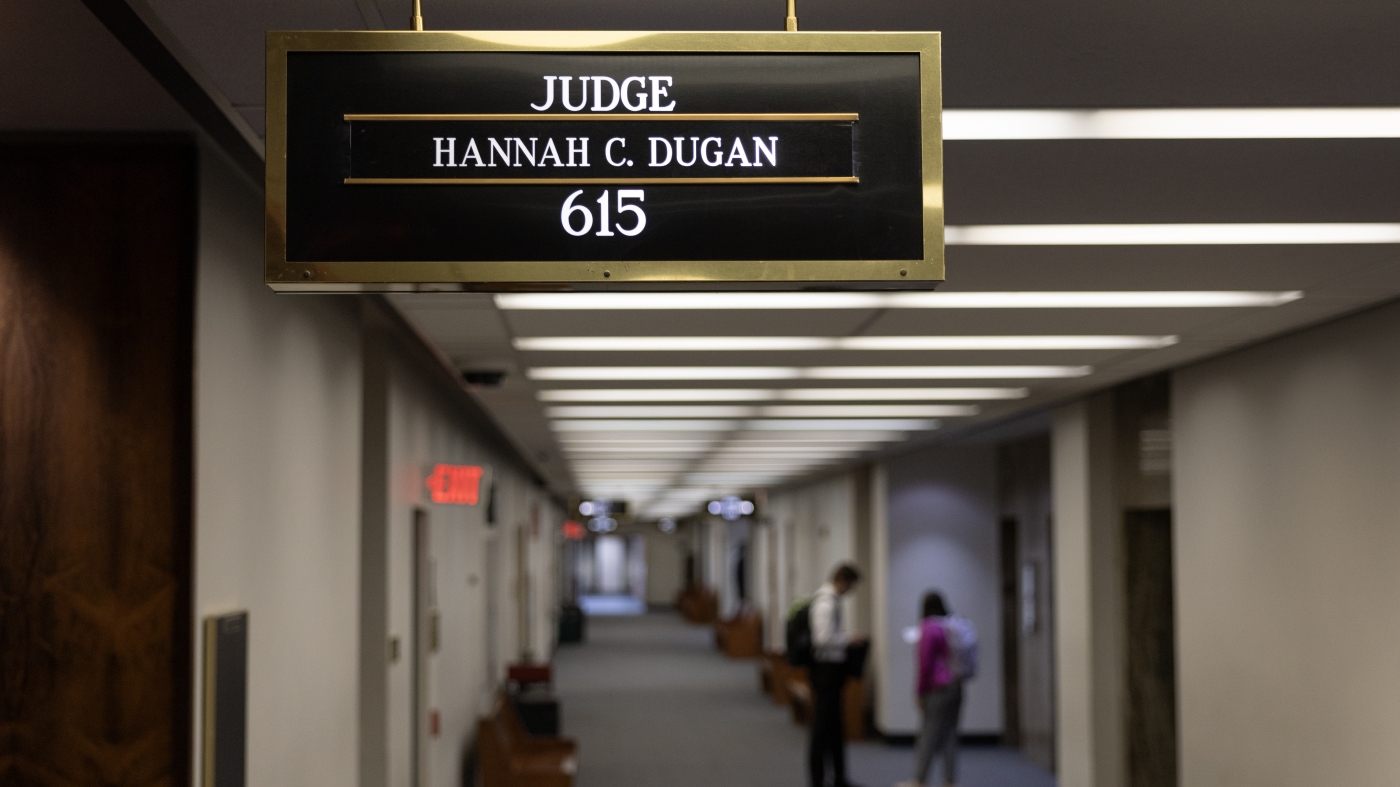Courts can’t put politics — or illegal immigrants — above the law
President Trump's border security policies have led to the lowest levels of illegal crossings in decades, but the courts have been slow to stop his immigration policy based on old and proven laws, giving the judicial branch a tainted reputation as an enemy of electoral democracy.

After 100 days of Trump 2.0, America’s southern border is officially secure. Illegal border crossings are at their lowest levels in decades.
But President Trump’s push for border security, among other policies, has hit superfluous judicial roadblocks every step of the way. After the Trump administration refused to return two airplanes deporting illegal immigrants to El Salvador last month, the U.S. District Court for D.C. found probable cause to hold Trump in contempt, claiming the administration demonstrated a “willful disregard” for an emergency order to turn those flights around.
The U.S. Court of Appeals for the D.C. Circuit temporarily stayed contempt proceedings against Trump while it reviews a flood of pleadings on the subject (including ours), but the threat of contempt is still very much alive.
The courts are in a perilous dash to stop Trump’s immigration policy based on old and proven laws. In the courts’ rush to judgment (pun intended), the often one-sided, policy-driven rulings are giving the judicial branch the worst possible taint — as an enemy of electoral democracy.
The attempt to prosecute contempt is a bridge way too far. While the district court had much to say at the hearing, castigating government lawyers, its written order didn’t match the tempo. This is yet another symptom of the anti-Trump fervor within the judiciary, but precisely why contempt cannot be found.
First, the district court’s actual, written temporary restraining order, which binds the relevant parties — not the sentiments expressed in court beforehand — only purported to stop the Trump administration from deporting the illegal immigrants under the 1798 Alien Enemies Act (the deportees allegedly belong to the designated foreign terrorist group Tren de Aragua). However, the order did not go further by directing the federal government to return the illegal aliens, who had already been removed from U.S. territory and airspace.
The letter of the law means just that: Written words and express language. On the plain face of the order’s limited scope, the Trump administration did not violate it. More concerning, however, is that the district court rushed to rule and to hold in contempt.
Courts aren’t the place to hammer out public policy positions; that’s why we have elections. When courts try to block or create policy, telling the people what they should or shouldn’t believe, they lose their legitimacy. Respected courts stay within the narrow confines of their role, rejecting the impulse to engage in partisan politics.
Trump won the presidency by promising not just to stop, but to reverse the mass flow of illegal immigrants into the U.S., because excessive immigration is overloading infrastructure and lowering the living standard of many communities. Trump openly campaigned on mass deportation, which was embraced by even communities that normally wouldn't be expected to vote for Trump.
The district court cannot hold Trump in contempt for exercising lawful duties, and it is lawful for him to use the Alien Enemies Act as justification for the deportation of alleged terrorists. Similarly, executive branch personnel cannot reasonably be held in contempt for honoring lawful and popular orders passed down from their president. There may come another time for increased immigration again, but now is not it, and the courts should wait for elected officials to promote such policies.
Far too often, America’s courts have been used as political weapons to attack Republicans like Trump and shield Democratic administrations from scrutiny over their flagrant violations of immigration law. Whereas courts often demand that Republican administrations participate in highly fact-intensive individual analyses of each deported criminal or terrorist welcomed by the Biden administration (or the Obama administration before it), the same standard is not applied to Democrats, whose open-border policies were aggressively shielded from judicial review.
Where was the judicial scrutiny of Democrats who opened our borders — with endless taxpayer-funded largesse — to millions of illegal immigrants?
For the left, the goal of an open border is clear: Political power. As Elon Musk rightly pointed out last year, illegal immigrants count toward congressional apportionment, and we have already seen blue states like California and New York gain seats as a result of illegal migrant flows.
Democrats are all for exploiting an open border and passive courts to achieve permanent majorities, even if illegal immigration threatens American citizens’ lives through criminal or terrorist activity.
The Constitution is not a suicide pact. Illegal immigrant gang-bangers and terrorists can’t weaponize the constitutional rights of citizenship they don’t have to commit crimes while securing taxpayer-funded benefits, driving up food and housing prices while also driving down wages.
President Trump was elected by substantial popular and Electoral College majorities to secure our borders, and he has already succeeded. The border is closed because American citizens are sick and tired of criminals and terrorists running amok and destroying our society. These deportees have no right to be in our country.
Surely, the U.S. judicial system will ultimately act appropriately and not stymy the will of the people — embodied by a president who is acting within the scope of his executive authority. There are countless jurists who still act in good faith, and that begins by keeping their politics out of the law.
Shaun McCutcheon is the successful plaintiff in the 2014 Supreme Court case McCutcheon v. FEC and chairman of the Coolidge Reagan Foundation.










































































